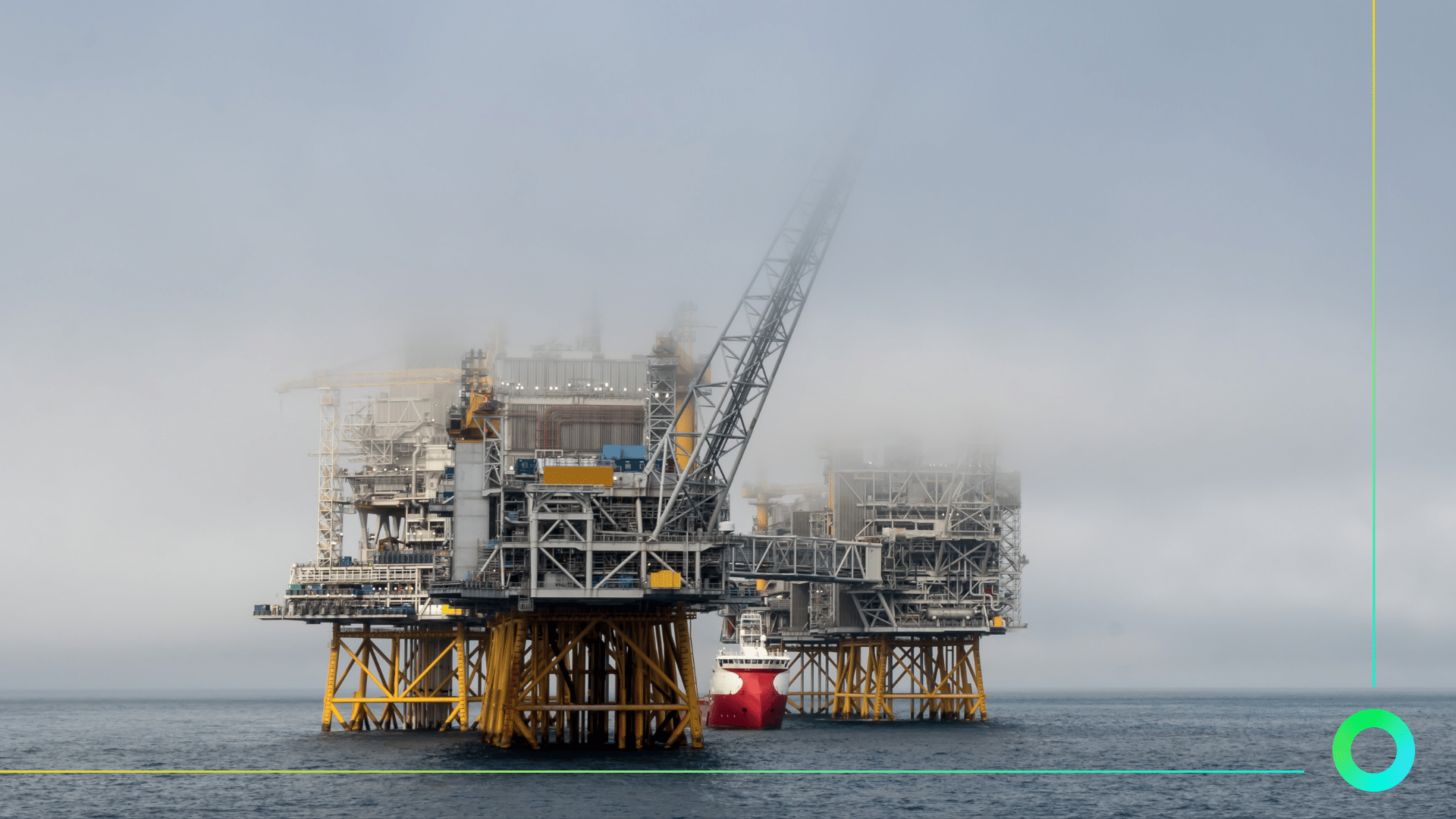Offshore vessels are generating more data than ever before. They continuously send information to shore through sensors, automated systems, and manual reports from seafarers. But raw data alone doesn’t improve efficiency. What matters is how that data is processed, analyzed, and turned into actionable insights. Without a structured approach, data can become overwhelming and may remain unused, leading to inefficiencies rather than improvements. That’s where digital partners come into play.
The real value lies not in collecting more data, but in making it work for you. In this blog, we’ll break down the key challenges, show how digital solutions simplify complexity, and explore how smarter data strategies will improve your operations.
Understanding Onboard Data Sources
Modern vessels are equipped with a variety of systems designed to capture and transmit operational data. These include Automatic Identification Systems (AIS) for navigational safety, Electronic Fuel Monitoring Systems (EFMS) for fuel consumption tracking, weather sensors, engine performance monitors for maintenance needs, and seafarer reports. While these systems provide valuable insights, they are not infallible. Data can be affected by both human error (e.g., manual reporting inconsistencies) and machine limitations (e.g., sensor misreadings or calibration issues).
Despite the availability of data, integrating information from multiple sources remains a challenge. Many vessels use systems from different providers, each with its formats, creating data silos. Without proper integration, this fragmented data becomes less useful. With modern vessels generating an estimated 20GB of data every day, from fuel consumption to emissions, navigation, and performance metrics, the complexity of managing and using this data increases exponentially.
Challenges in Leveraging Diverse Data
The real challenge lies in transforming this vast, varied data into actionable insights. Most vessels still lack data-sharing capabilities, leading to delays in data analysis and decisions, inaccurate readings, and recalibration needs. This fragmentation presents several challenges:
- Data Silos: Information is often trapped in separate systems, preventing a unified operational overview.
- Inconsistent Formats: Some sensors update every second, while others provide information less frequently. Additionally, different EFMS providers use varying data structures, making it difficult to merge insights.
- Quality Variations: Differences in data granularity and accuracy can lead to unreliable insights, requiring recalibration and validation.
- Limited Data Sharing: Data is often seen as proprietary, limiting industry-wide collaboration. Yet, greater transparency between shipowners, charterers, and service providers in a shared ecosystem could unlock significant efficiencies.
This is where digital partners, like Opsealog, come in. We don’t just collect data; we know how to treat it, ensuring it’s ready to implement actions. By partnering with a digital solution provider, vessel operators can ensure that their data is properly cleaned, standardized, and optimized for use. As more vessels become connected, the need for a trusted partner to manage and make sense of the data will only grow.
The Role of Digital Partners in Data Management
Even with advanced onboard technology, data alone does not guarantee efficiency. Operators may struggle to interpret complex datasets without the right solutions and expertise or miss critical insights. With Opsealog, you will expect us to:
- Ensure Data Quality: Access accurate, standardized, and reliable data through automated validation processes, eliminating inconsistencies and providing trusted insights for better decision-making.
- Track and Optimize: Enhance your existing data setup with deeper analysis and actionable insights, ensuring no operational detail is overlooked and optimization is continually refined.
- Leverage AI-Powered Insights: By using advanced algorithms and machine learning, we help detect patterns and predict inefficiencies, improving fuel consumption and vessel performance without disrupting day-to-day operations and safety conditions.
- Simplify Reporting: For crews, data entry can be tedious and prone to human error. Our solutions streamline the process with easy-to-use interfaces that make reporting simpler and more consistent, while providing fleet managers with clear, actionable insights.
At Opsealog, we leverage multiple data sources into a single interface, ensuring that our clients always have access to accurate and reliable data. We simplify complexity, bring clarity, and help fleets achieve true operational excellence.
Want to see how it works? Explore our Digitalization Use Case Page to learn how Opsealog can transform your offshore operations.
From Data to Operational Excellence
Once data is structured and integrated, the next step is to apply it effectively. In addition to fuel savings, Opsealog enables shipowners and charterers to centralize all performance metrics, offering a 360° view of vessel operations.
With clear goals, our Efficiency-as-a-Service approach drives targeted actions that improve efficiency, safety, and cost management, including:
- Fuel Efficiency: Achieve up to 15% savings in fuel consumption.
- Fleet Utilization Optimization: Deploy the right vessel for the right operation, potentially saving millions.
- CO₂ Emissions Reduction: Reduce emissions through smarter, more efficient operations.
- Proactive Maintenance Strategies: Prevent costly breakdowns by addressing maintenance needs early.
- Smooth operations, minimize delays, and ensure uninterrupted operations by identifying risks before they escalate.
This approach provides shipowners and charterers with measurable KPIs in a centralized platform, enabling them to track, improve, and justify their operational decisions. By ensuring that data is effectively integrated and continuously refined, our clients can act quickly on efficiency opportunities, boosting both profitability and sustainability.
Taking the Next Step
Offshore operations are becoming increasingly complex, and data-driven strategies are now essential for achieving operational excellence. However, managing and analyzing vast volumes of data requires expertise, advanced technology, and seamless system integration.
Digital partners ensure that every data point contributes to smarter, more cost-effective operations. Instead of struggling with fragmented systems and slow decision-making, OSV operators can leverage actionable insights that drive measurable improvements.
Book a demo and discover how our opsealog can support your operational goals.
This blog is co-written, by Stanislas Oriot, Senior Marine Consultant at Opsealog.
Want to read more about our digital solutions? Below is our interview in Transportation & Logistics Magazine, where Damien Bertin, Business Director at Opsealog, shares his insights. Click here to read the full article.

